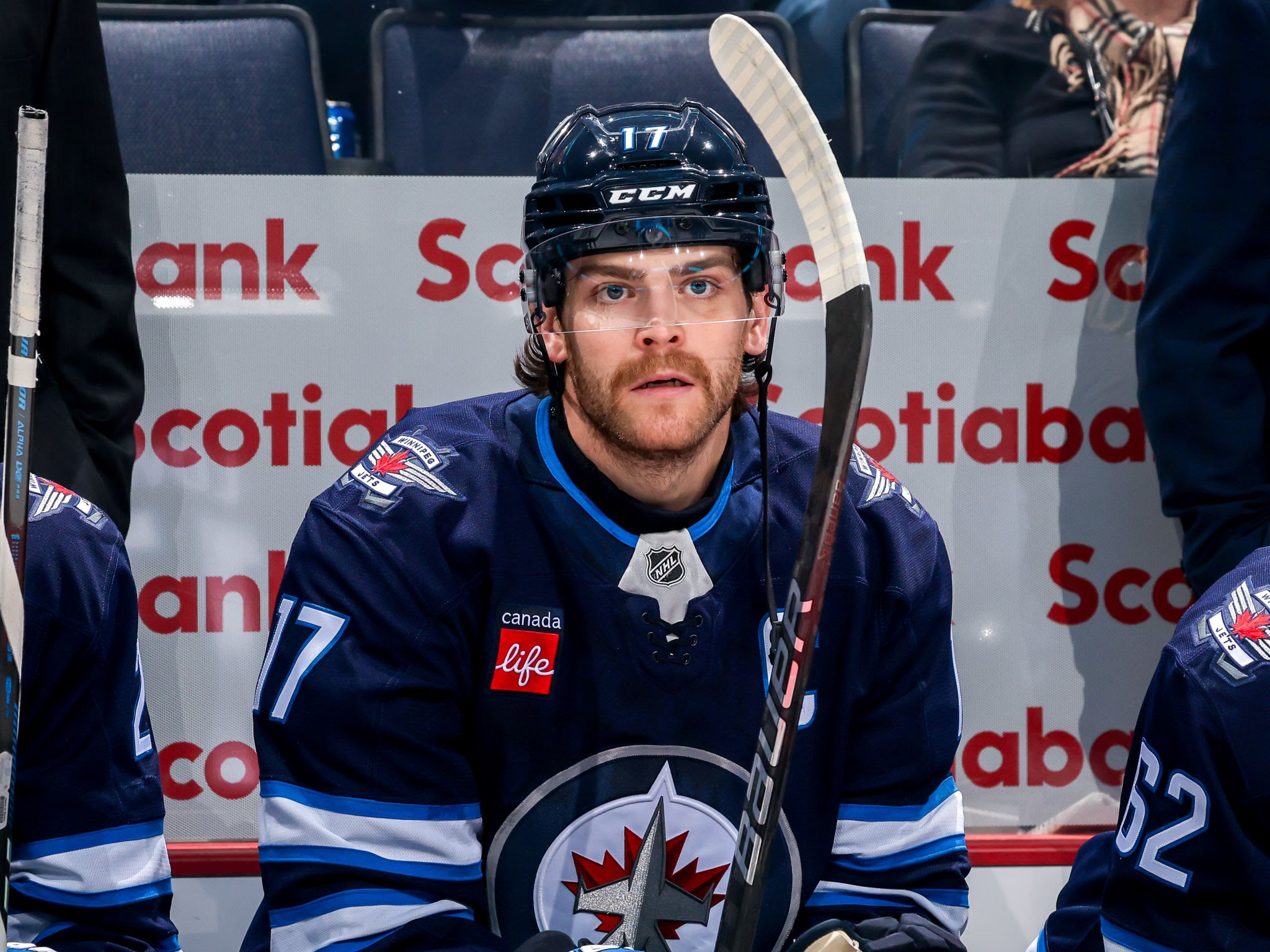The NHL recently fined Winnipeg Jets captain Adam Lowry and issued a public reprimand for his criticism of Calgary Flames forward Martin Pospisil’s on-ice behaviour. Lowry’s remarks came following a game in which he voiced anger with Pospisil’s behaviour, claiming that the league “needs to do something” about such behaviour.
The NHL, which maintains its stance against public criticism of players and officials, fined Lowry for breaking the league’s public comments policy. This policy is intended to maintain the integrity of the game and guarantee that issues are addressed through suitable internal channels rather than the media.
Lowry was frustrated by an incident during the game in which he believed Pospisil participated in unsportsmanlike behaviour that went unpunished. As captain of the Jets, Lowry felt forced to speak out in order to protect his teammates and promote fair play norms. However, the NHL’s disciplinary actions serve as a warning that public forums are not the appropriate platform for such criticism.
This episode underscores the persistent contradiction between players’ desire to express their concerns and the league’s efforts to control public speech. While the NHL encourages players to express themselves, it also emphasises the need of remaining professional and addressing matters in accordance with established rules. Lowry’s fine adds to his NHL disciplinary record. He has previously received on-ice punishments, including a two-game penalty for boarding in the 2019-20 season.
The NHL’s response to Lowry’s comments sets a standard for how the league handles public criticism from its players. It emphasises the importance of internal grievance procedures, as well as the league’s commitment to maintaining the game’s integrity. For the Jets, this issue provides an opportunity to emphasise the significance of following league standards and finding constructive approaches to handle concerns. As captain, Lowry’s leadership is critical, and negotiating such problems with professionalism sets a good example for his team.
In conclusion, while Adam Lowry’s intentions to advocate for fair play are understandable, the NHL’s sanction and public rebuke underline the need of addressing such concerns through appropriate means. This incident serves as a reminder of the league’s policies and the value of remaining professional both on and off the rink.

